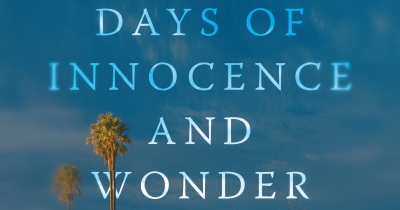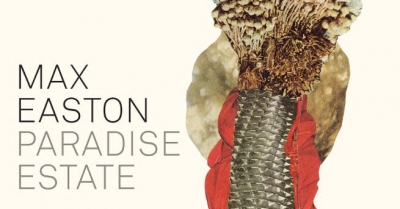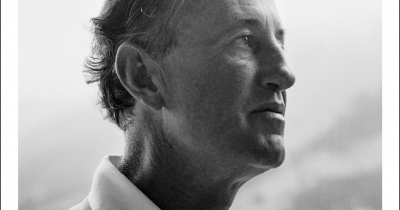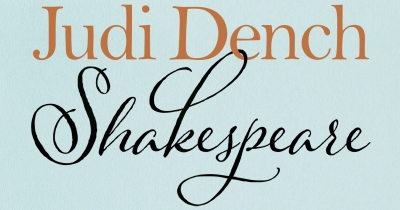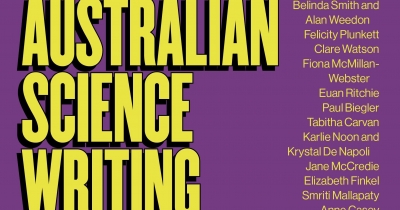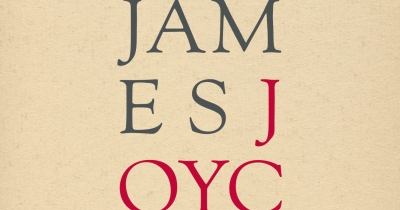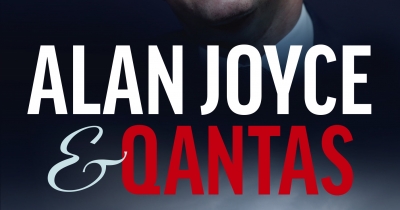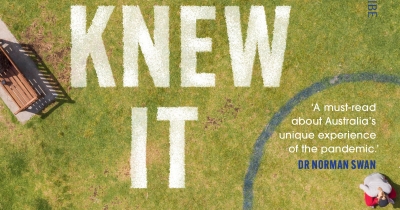Review
Days of Innocence and Wonder by Lucy Treloar
Paul and Paula: A history of separation, survival and belonging by Tim McNamara
by Seumas Spark •
Ian Fleming: The complete man by Nicholas Shakespeare
by Paul Kildea •
Shakespeare: The man who pays the rent by Judi Dench with Brendan O’Hea
by Carol Middleton •
The Best Australian Science Writing 2023 edited by Donna Lu
by Robyn Arianrhod •
Alan Joyce and Qantas: The trials and transformation of an Australian icon by Peter Harbison with Derek Sadubin
by Stuart Kells •
Life As We Knew It: The extraordinary story of Australia’s pandemic by Aisha Dow and Melissa Cunningham
by Ben Brooker •

